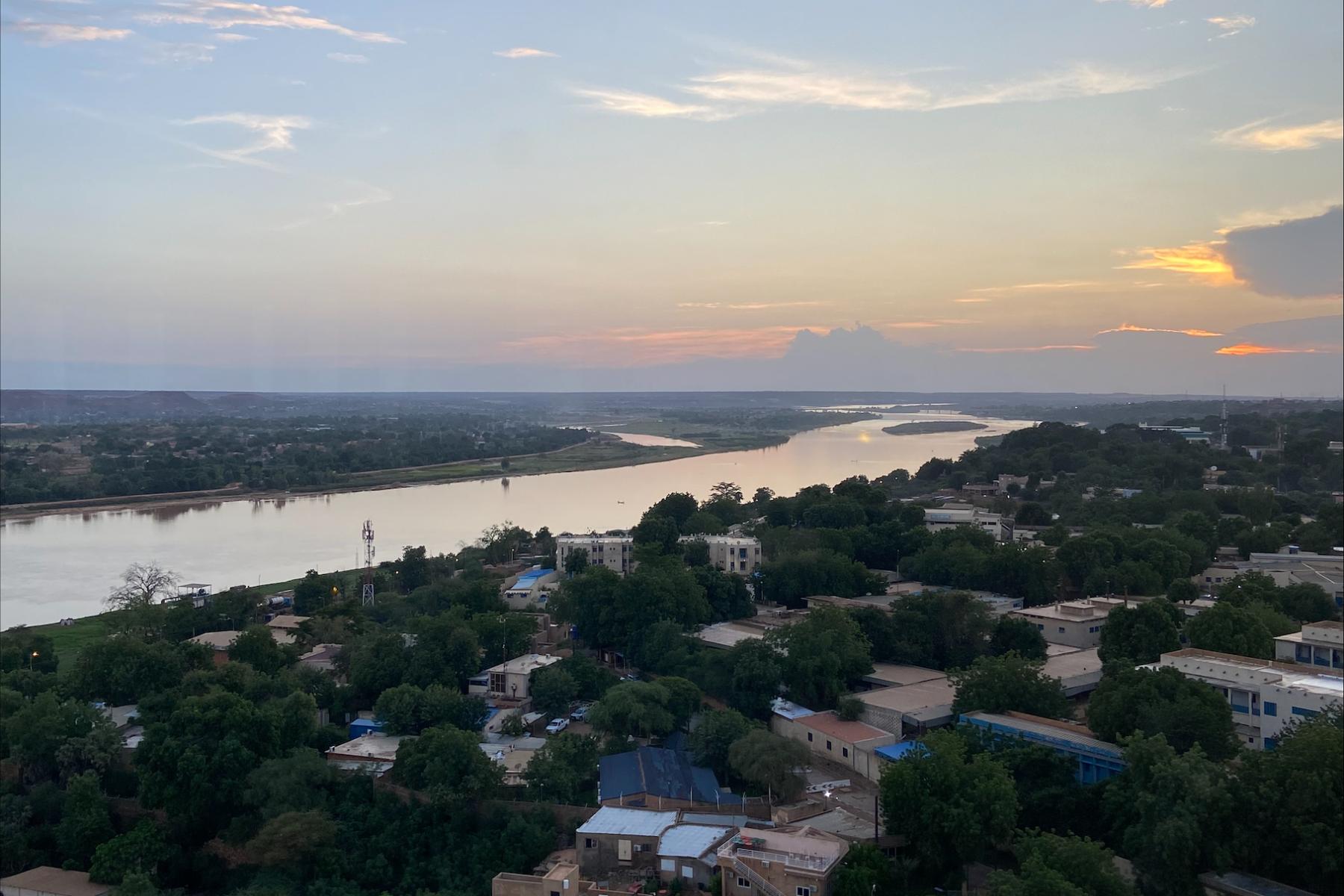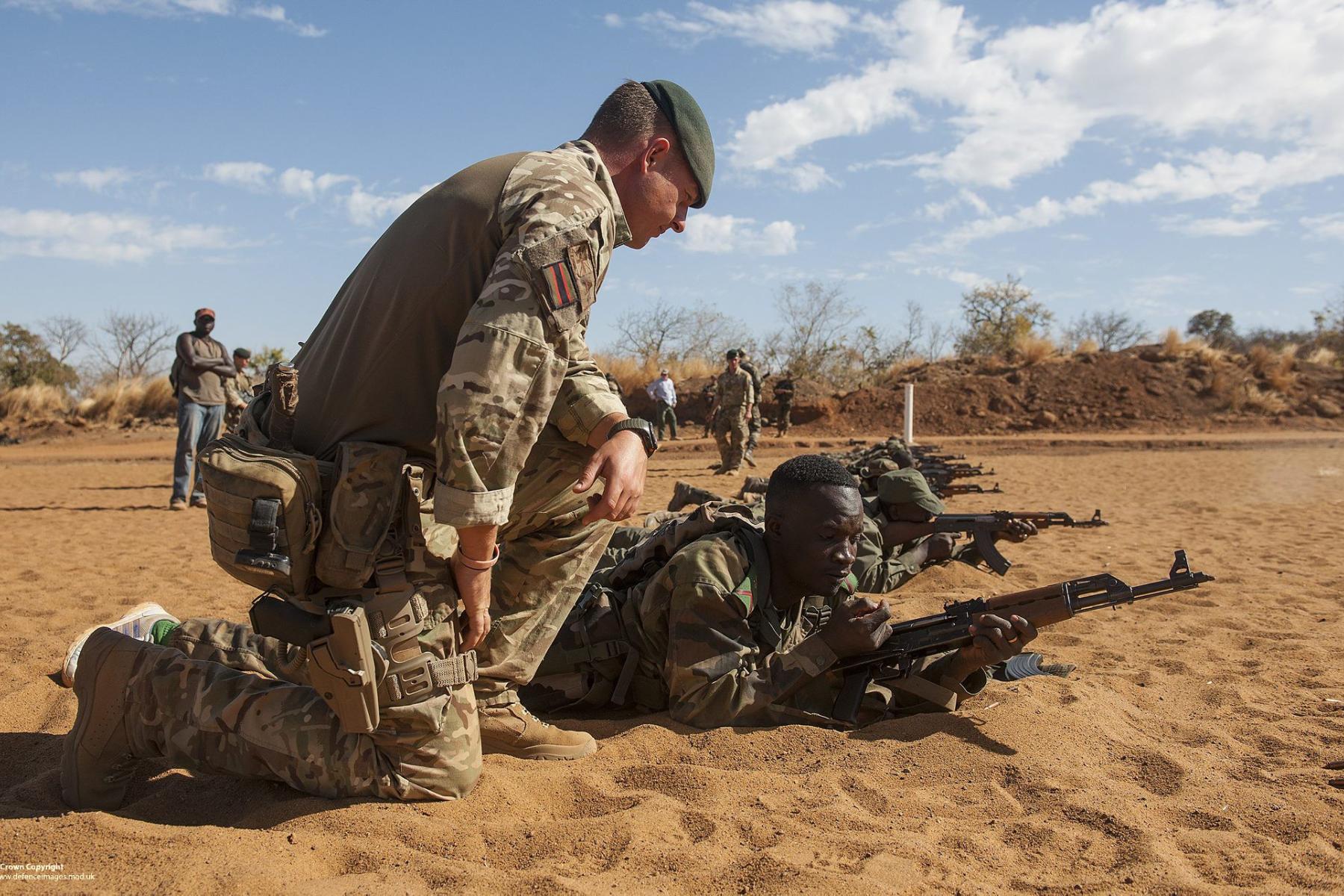War Without Allies: The EU’s New Role in Global Security
The ‘War Without Allies’ (WWA) research project asks how the effects of the European and other external security interventions in West Africa’s Sahel region shape the EU’s role as a global security actor.
Situated in what European politicians dub ‘Europe’s backyard’, the Sahel’s cross-border security threats of terrorism, migration and organised crime have been top EU security policy priorities since 2011. However, following Putin’s war in Ukraine, which brought back the specter of war on the European continent, Europe has aimed to degrade Russia’s presence in the global south with far-reaching consequences for regional security order(s). Furthermore, after the annexation of Crimea in 2014, Russia has sought new geopolitical alliances on the African continent, while the war in Ukraine has intensified Moscow's operations in the Sahel region, particularly via the Wagner Group. Other actors, such as China and Turkey, are also increasing their security, political, and economic presence in this strategically important region. With renewed great power rivalry in Africa, where France and its Western allies have been thrown out of Mali, Burkina Faso, and possibly Niger in favor of Russia, European security interventions and how they are perceived in the Sahel will influence Europe's ability to solve global security challenges in the future. The region, however, is becoming increasingly difficult to influence for European policy makers and interventions; in Mali, European partners and the EU are halting their activities after a difficult ‘divorce’ with the country’s military government. Most recently, the August 2023 coup in Niger has further narrowed the intervention space for Europe.
In these shifting geopolitical terrains, the project aims to understand how European security interventions and their effects in West Africa’s Sahel region affect Europe's role as a global security actor. It does so by examining how European security interventions are formulated, implemented and perceived in the Sahel. The project will provide a comprehensive theoretical and empirical appraisal of European and other security interventions in the Sahel; and how intervention effects, in turn, shape the way the EU constructs its role and is perceived as a security actor.
War Without Allies’ (WWA) asks how the effects of the EU’s security interventions in the Sahel will shape the EU’s future role as a global security actor. To ‘follow the effects’ of the EU security interventions in the Sahel, the project is organised around three case studies that each capture a unique dimension of the EU crisis management policy cycle:
- The Bureaucrat tracks EU policy interventions as they travel from Headquarters in Brussels to EU diplomats and programme managers in the EU’s regional offices in Niamey, Bamako and N’djamena. Specifically, the project analyses the effects of a new EU instrument (the European Peace Facility 2021) that allows the EU to provide military equipment and weapons to security forces of EU partner countries.
- The Soldier analyses how regional security forces in Niger and Mali perceive and negotiate European security partnerships, and how the encounter between European and regional soldiers produces unpredictable intervention effects. This project section also examines how Sahelian citizens and security forces evaluate external partnerships, and what factors shape their needs and perceptions of “good” as well as “bad” partnerships with regional and international actors.
- The Citizen focuses on how citizens in the region perceive of European vis-à-vis other global actors’ security cooperation and the role of new technology in shaping popular perceptions of global security partners (P1).
The project combines theoretical insights drawn from practice theory in international relations (IR) with ethnographic analysis to show how security is constructed and produced across the full span of the EU crisis cycle, from decision-making to implementation to its reception on the ground.
Although the EU is one of the most studied international organisations, the academic literature tells us little about the ground-level effects of EU security interventions, let alone their broader implications. WWA argues that security needs to be considered as a two-way process: 1) as produced and defined by actors in concrete practices and places; and 2) as productive of security practices that have immediate and lasting effects both on target populations in conflict zones and on global politics. WWA thereby draws on and contributes to the practice theory in IR by exploring security from the perspectives of the people actually producing and receiving it. The project also pushes practice theory an important step further by emphasising how the effects of EU security interventions are not limited to the Sahel. Indeed, they may come to define and transform the EU’s future role in, and understanding of, global security.
Methodology. The data collection is multifaceted and will include: 1) analysis of policy documents and mission mandates to reveal how ideas of security translate into new EU policy interventions and instruments; 2) global ethnographic methods to study how European policymakers, programme officers and soldiers produce security in their everyday organisational practices; 3) interviews with policymakers and state actors, experts and civil society associations in Mali and Niger as well as online ethnography to understand popular perceptions of European security endeavors; and 4) analysis of large, quantitative data sets to map the outcomes of EU interventions and, equally important, any knowledge gaps between stated project goals and outcomes. The project draws on the project members’ long-term research experience combining ethnographic research on conflict, security interventions and migration in the Sahel with EU policy studies.
Signe Marie Cold-Ravnkilde
Senior Researcher, DIIS
Christine Nissen
Researcher, DIIS
Andrew Lebovich
Research Fellow, Clingendahl
Almamy Sylla
Research Fellow, University of Bamako
Research and activites
-
 Photo/illustration by Andrew LebovichDIIS Interview2023Before the coup Niger had become Sahel’s most important epicenter for Western security interventionsAndrew Lebovich & Marie Barse
Photo/illustration by Andrew LebovichDIIS Interview2023Before the coup Niger had become Sahel’s most important epicenter for Western security interventionsAndrew Lebovich & Marie Barse

